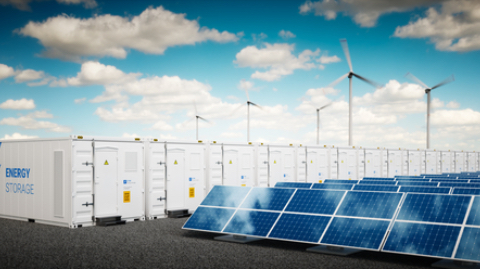
The European Commission has approved €3.2B (~$3.5B US) of state aid to help fund new research and innovation in battery technology. The entire project is expected to be completed in 2031 and is expected to receive an additional €5B of private investments. This Important Project of Common European interest (“IPCEI”) is funded by the countries of Belgium, Finland, France, Germany, Italy, Poland, and Sweden.
The funding decision stems from the “European Battery Alliance”, which was launched by the Commission at the end of 2017, and the Strategic Action Plan for Batteries, adopted in May of 2018. It will support the development of innovative and sustainable technologies for lithium-ion batteries (liquid electrolyte and solid state) that last longer, have shorter charging times, and are safer and more environmentally friendly than those currently available.
The project participants will focus their work on four areas:
- Raw and advanced materials;
- Cells and modules;
- Battery systems; and,
- Repurposing, recycling and refining.
Margrethe Vestager, the Executive Vice-President in charge of promoting technology in Europe (“Europe fit for the Digital Age”), and the EU’s Competition Commissioner recently announced the new initiative and spoke of how important battery production is to Europe:
“Battery production in Europe is of strategic interest for our economy and society because of its potential in terms of clean mobility and energy, job creation, sustainability and competitiveness. Our Important Projects of Common European Interest smooth the way for public authorities and industries from several Member States to come together and design ambitious innovation projects with positive spill-over effects across industrial sectors and regions. The approved aid will ensure that this important project can go ahead without unduly distorting competition.”
